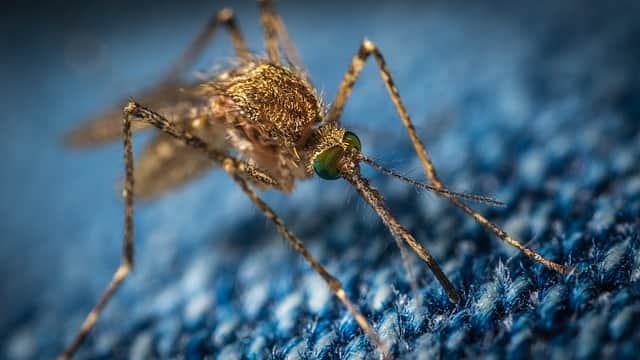
Dengue fever is a severe infectious disease caused by the dengue virus, transmitted to humans from mosquitoes. Dengue fever is a significant public health concern, with global prevalence and incidence rates on the rise.
In 2020, there were an estimated 80 million cases of dengue fever in the world, with approximately 400,000 fatalities. The most common symptoms of dengue fever include fever, headache and joint pain.
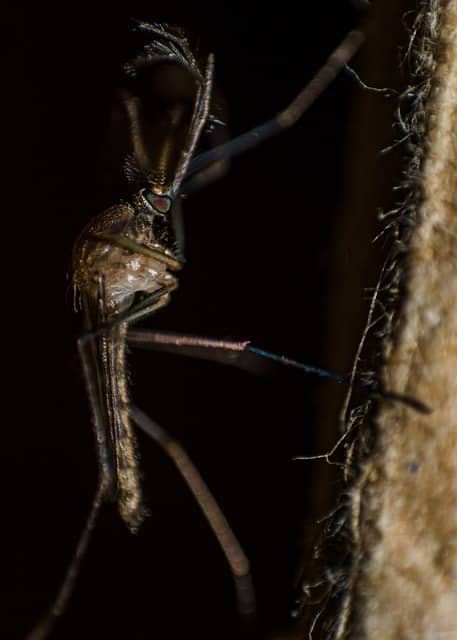
Dengue fever is rapidly growing and its number is also increasing which were around 505430 cases in 2000 to 5.2 million cases in 2019. Most of the severe spike was witnessed in 2023 which affected 80 countries. In those pandemic times the affected cases raised up to 6.5 million with 7300 deaths.
Other signs and symptoms of dengue fever include nausea or vomiting, abdominal pain, skin rash, chills, and muscle aches and pains. If left untreated, the effects of it can be life-threatening and lead to complications such as severe bleeding, organ failure and shock.
The impact on affected populations is substantial, particularly in regions with tropical and subtropical climates where the Aedes mosquitoes, responsible for transmitting the it , thrive. In Pakistan, it’s cases have been on the rise, posing a considerable health challenge.
The onset of dengue fever is often characterized by symptoms such as high fever, severe headache, pain behind the eyes, and joint and muscle pain.
In severe cases, it can lead to potentially fatal complications such as hemorrhagic fever and shock syndrome. Early intervention and supportive care are crucial in managing the symptoms and preventing further deterioration. Proper diagnosis and timely initiation of treatment options significantly impact patient outcomes.
Nutritional considerations play a pivotal role in the recovery phase of dengue fever. Meeting the increased nutrient requirements, particularly for protein, vitamins, and minerals, becomes essential to facilitate effective immune function and promote tissue repair.
Emphasizing a well-balanced diet comprising fruits, vegetables, whole grains, and lean sources of protein can aid in bolstering the body’s defenses against the viral infection and its complications.
Hydration is a cornerstone of fever management, as fluid balance is often compromised due to fever and potential leakage from blood vessels. Adequate fluid intake is crucial to prevent dehydration and associated complications.
Monitoring and addressing fluid balance through the consumption of oral rehydration solutions, coconut water, and other hydrating beverages can aid in supporting the body’s recovery process and minimizing the risk of organ dysfunction.
A comprehensive approach to its recovery should encompass not only medical interventions but also targeted nutritional strategies and diligent fluid management.
By addressing the multifaceted aspects of this infectious disease, individuals can optimize their prospects for a complete and swift recovery, empowering them to resume their normal activities and livelihoods.
What Are Symptoms of Dengue Fever?
Symptoms of it can vary depending on the severity of the infection. Some common symptoms of it include:
- Fever
- Headache
- Joint pain
- Nausea/vomiting
- Abdominal pain
- Muscle pain
- Severe sweating (dehydration)
- Loss of appetite
- Chills
- Severe headache
Role of Nutrition in Managing Dengue Fever
It is a deadly disease which requires immediate attention along with best nutritional remedies. The diet for the dengue infected patients must entails following food choices.
- Balanced diet should be the part and parcel of dengue infected patient. The diet plan must entail fruits and vegetables, lentils, whole grains and lean proteins along with other micro and macro nutrients.
- Hydration is vital while fighting against dengue fever. Intake of healthy fluids is essential like drinking water, coconut water, ORD or soups.
- Avoid spicy foods because they may cause digestive discomfort and may results in dehydration.
- Avoid alcohol and caffeine.
- Ensure intake of lean proteins in the shape of eggs, chicken or fish. Such diet helps in tissues repair and provide energy while strengthening of immune system.
Diagnosis and Treatment for Dengue Fever
It can be diagnosed through a variety of blood tests, including rapid and complete blood count tests, antibody tests, enzyme, and molecular tests.
It can be diagnosed by testing for the presence of antibodies against the dengue virus. Antibodies against the fever are made up of antigens that are unique to each type of mosquito bite.
Testing for these antibodies can help to distinguish between such fever and other types of fevers. For patients with acute dengue fever, treatment includes supportive care and rest to reduce their risk of developing more severe complications.
If you suspect you have it, it’s important to contact your healthcare provider immediately. They may recommend antiviral medication to treat the infection, but it can also take several weeks for the body to develop immunity to the medication.
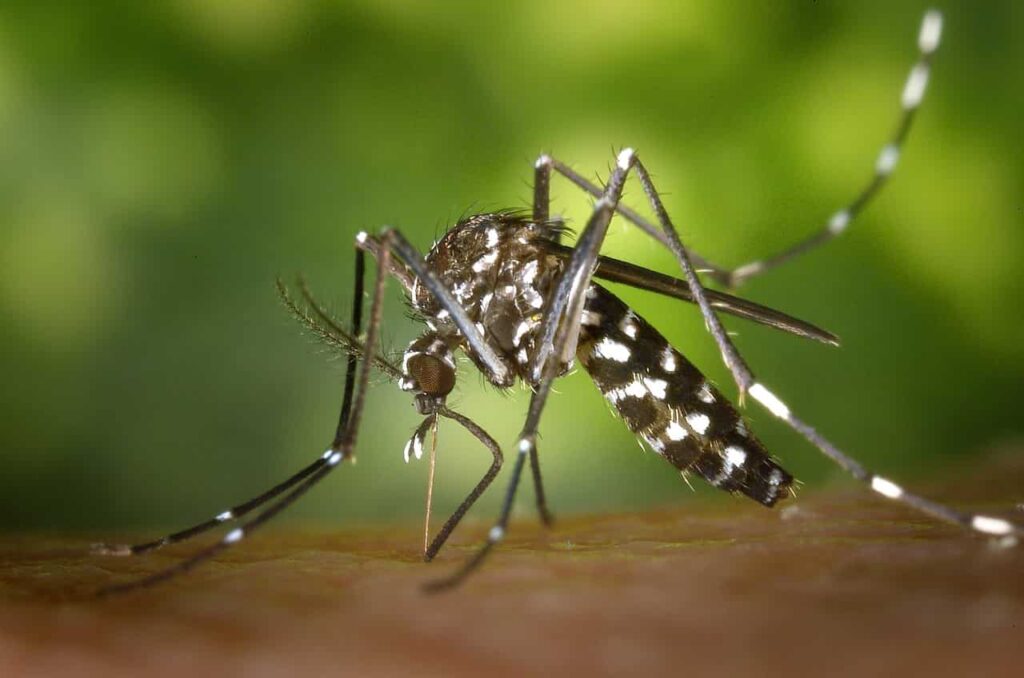
Patients should avoid being around infected mosquitoes or water sources, and they should seek medical attention if they develop extreme or debilitating symptoms.
Medical professionals use these blood tests to detect abnormalities in your blood, which can indicate whether you have dengue fever. These blood tests can be used to confirm your diagnosis and rule out other possible diagnoses, including infections, viral diseases, or medications.
Treatment for dengue fever depends on the severity of the condition. Treatment for mild cases typically involves rest, fluids, and pain relief, whereas intensive care may be necessary for serious cases.
Most cases of dengue fever are self-limiting, but it’s still critical to adhere to all safety precautions, including avoiding mosquito bites, staying hydrated, practicing safe sex, and wearing long sleeves.
In addition, treatments for dengue fever can include anti-viral that work by blocking the ability of the dengue virus to survive inside host cells, as well as immunosuppressive medicines or other anti-infective agents that might inhibit dengue replication within the body.
Prevention
While it’s critical to get vaccinated against dengue fever, there are steps you can take to protect yourself from getting bitten by mosquitoes even after vaccination. When you’re outdoors in high temperatures and humid conditions, it’s essential to ensure that you’re properly covered and wear proper clothing. Wearing long underwear and pants will provide better protection than short-sleeves or swimwear. Additionally, avoid standing near stagnant or contaminated water sources, and always keep mosquitoes away from your face and mouth.
It’s also critical to practice good hygiene habits, such as washing hands frequently, regularly changing clothes and shoes, and covering cuts and abrasions with a bandage or tissue. Finally, it’s vital to maintain healthy sexual relationships and abstain from drugs, alcohol, or any substances that could cause intoxication.
Dengue Prevention Tips
There are several measures you can take to prevent contracting dengue fever.

- One strategy is to wear long clothing and shoes when going outside during high temperatures and humidity periods. This helps to keep warm air in your lungs while also preventing dehydration in the body.
- Another prevention tip is to wear protective clothing, including gloves, coveralls, and long sleeves.
- The best way to protect yourself from catching dengue fever is to stay home when you’re sick and follow all recommended health guidelines. It’s also crucial to always follow instructions on how to prevent getting bitten by mosquitoes and to seek help if you’re bitten by one.
- Use mosquito nets
- Apply mosquito repellents
- Use vaporizers or coils to keep the mosquito away
- Avoid storage of water in open reservoirs
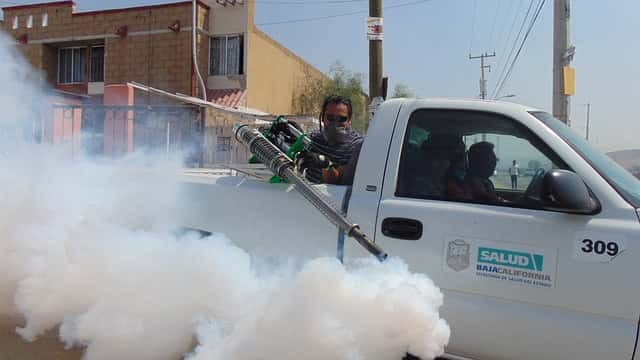
Conclusion
Dengue fever is caused due to infected mosquito which primarily correlated to strain of aedes. Aedes aegypti is the main strain of mosquito responsible for its transmission along with aedes albopictus.
Dengue fever display several symptoms out of which high grade fever, nausea, joint pain and headache are predominant.
It can be cured that’s why early detection and treatment are extremely important. Proper diet and balanced eating regimen also contribute heavily to overcome dengue fever.
What is dengue fever?
Dengue fever is a severe infectious disease caused by the dengue virus, transmitted to humans from mosquitoes.
Is dengue fever deadly?
Yes it may be if mismanaged and remain untreated
Which strain of mosquito cause dengue fever?
Aedes Aegypti




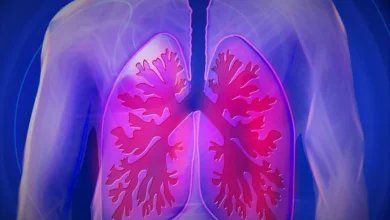
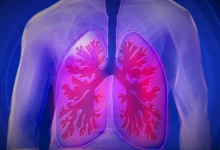
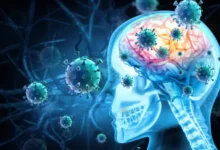
Interesting and informative